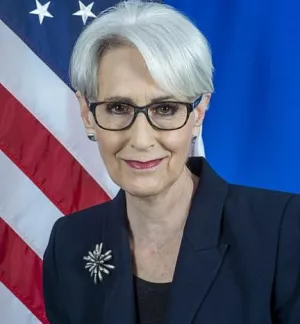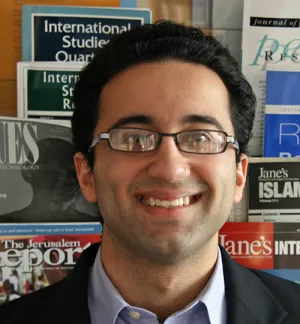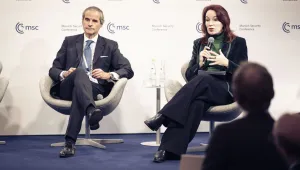This policy brief examines political forgiveness, when countries or groups are able to reconcile or set aside historic enmities.
The inability to overcome longstanding grievances—however justified and deeply rooted—often undermine a group’s or nation’s current core interests.
This lack of forgiveness manifests throughout the world: tribal warfare in South Sudan, hostility between Saudi Arabia and Iran, seemingly irreconcilable differences within the European neighborhood, and the failure to reach a two-state solution between Israelis and Palestinians. Deep animus often seems to take precedence over interests.
What conditions are necessary for political forgiveness, and through what process is it achieved? How is it that some countries, like Germany, have been able to find their way through this thicket, while others, such as Japan, have not—or at least not to a comparable extent? And, in cases of genocide, such as Rwanda, where political forgiveness may well be impossible, should the international community more purposefully examine the social license extended to victims?
Ambassador Wendy Sherman makes the case that insights from frameworks of personal forgiveness can help nations seize the moment when their interests align and, accordingly, move to achieve political forgiveness. First, the process of forgiveness requires a sense of justice—victims must feel that perpetrators have been held accountable and will no longer be able to hurt them. It must also be a deep, extended undertaking: when perpetrators offer only superficial acknowledgments of the victims’ pain and attempt to move on quickly, victims perceive those efforts as perfunctory, even disingenuous.
Additionally, countries must reestablish genuine, ongoing contact to overcome narratives of “the other” that inhibit forgiveness. They should not assume, however, that political forgiveness will proceed as a linear, three-part process in which the perpetrator issues an apology, the victim accepts the apology, and the two subsequently cultivate their ties on the basis of aligned national interests.
This examination finds that the process works best in the reverse order: only upon discerning that their strategic interests happen to align do conflicting countries begin to move toward reconciliation and forgiveness.
Read the complete policy brief in the attached PDF.
Sherman, Wendy. “On Political Forgiveness: Some Preliminary Reflections.” Belfer Center for Science and International Affairs, Harvard Kennedy School, June 2016







